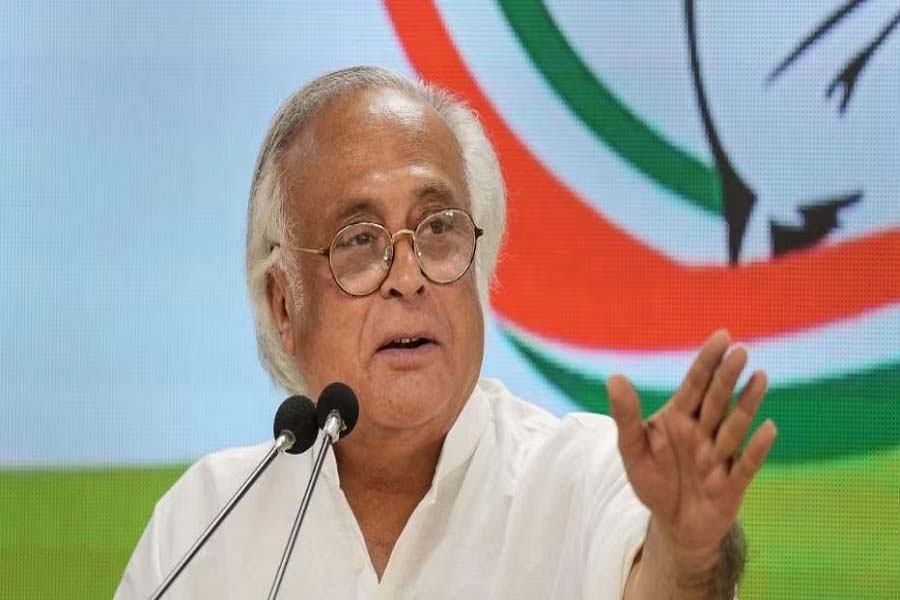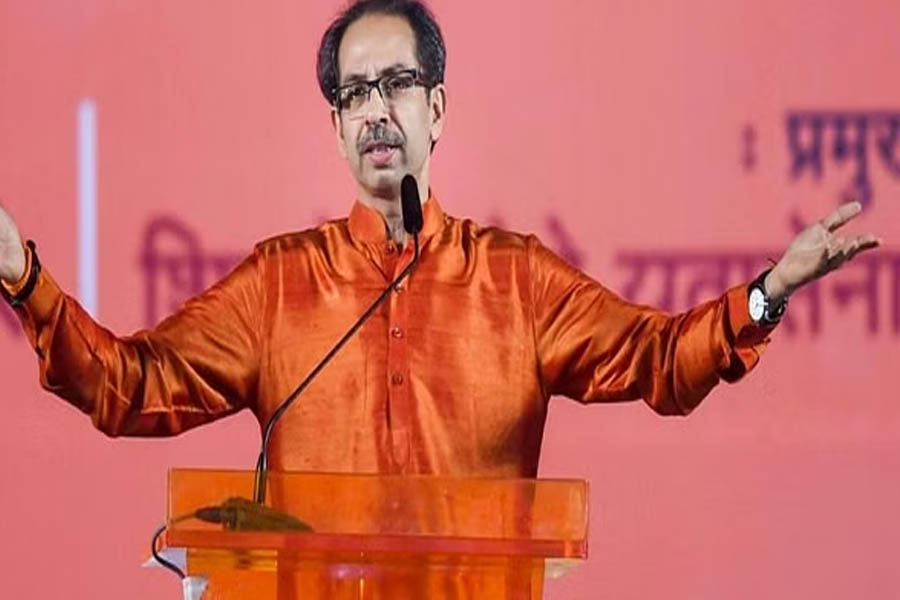By PTI
NEW DELHI: No Opposition front to take on the BJP is possible without the Congress and if a coalition is formed for the 2024 general elections, the party will have a central role in it, senior Congress leader Jairam Ramesh has said.
In an interview with PTI, Ramesh, however, said it was too early to talk about all this right now as the Congress’ first priority was the upcoming elections in Karnataka and the string of state polls this year.
Ramesh’s remarks come after both Mamata Banerjee’s Trinamool Congress (TMC) and Uttar Pradesh’s Akhilesh Yadav-led Samajwadi Party (SP) said the two parties would stay away from both the Congress and the BJP, and indicated possible talks with other regional players ahead of the 2024 Lok Sabha elections.
Asked whether the TMC and SP’s actions could jolt Opposition unity, Ramesh said, “The TMC, Samajwadi, people keep meeting, the Third Front, Fourth Front will continue to be formed, but it is necessary to have the Congress in the Opposition.
“If an Opposition coalition is formed, the Congress will play a central role in it. No front is possible without Congress. But it is too early to talk about this,” he told PTI.
First there is an election in Karnataka, after that there are elections in Telangana, Madhya Pradesh, Chhattisgarh, Rajasthan and Mizoram, he noted.
“This year, we will be completely busy with state elections, we will see about 2024 elections later,” the former Union minister said. “Right now meetings will continue, positioning will continue. ‘I will form a third front, I will form a fourth front, I will form a fifth front’, all this will continue,” he added.
Ramesh asserted that a strengthened Congress is necessary for any opposition alliance, but the party’s priority at the moment was the Karnataka elections, followed by the elections in other states.
“Our (party) president Mallikarjun Kharge and senior leaders will work on whatever strategy has to be prepared and carry out talks with parties regarding the 2024 elections,” he said.
Asked whether the TMC staying away from protests by the Opposition on the Adani issue and the NCP not coming all out in support has dented the Opposition unity, he said, “No, I do not think so. The TMC may have its own logic, I do not want to say anything more than that.”
He said 16 political parties are united on the demand for a joint parliamentary committee (JPC) probe into the Adani issue.
The Nationalist Congress Party (NCP) did not sign the letter to the director of the Enforcement Directorate, but they were with us in spirit if not in body, he said.
“There are 16 parties and let me say one thing very categorically the Supreme Court committee is no substitute for a JPC. The terms of reference of the Supreme Court committee are limited in scope, it is only a JPC that can unravel the full dimensions of this politico-economic scam,” he said on the Adani issue.
“Whatever Mr Adani has done in India and abroad, he has done with the full blessings, support and patronage of the prime minister. The Supreme Court-monitored inquiry is not going into any of these issues,” he said.
So far, the Congress party has raised 93 questions, soon we will be reaching 100, Ramesh noted, talking about the party’s ‘Hum Adani ke Hain Kaun’ series under which it has been asking questions to Prime Minister Narendra Modi on the Adani issue.
“We have raised 93 questions so far. Those types of questions which are highly minute, pointed, granular, specific, they go beyond the terms of reference of a Supreme court-monitored inquiry. So this JPC is absolutely essential. The Supreme Court inquiry is no substitute, it is only an attempt at legitimisation and exoneration,” Ramesh alleged.
Asked if attempts at a third front would undermine the fight against the BJP, Ramesh said right now Congress is focused that its demand for JPC to be met.
“Right now efforts are on to ensure that our voices get heard and this false propaganda and canards that are being spread, this intimidation, this harassment that is being attempted against Mr Gandhi particularly, we are able to counter. All other issues can wait,” he said.
Asked whether the Adani issue will resonate with the people on the ground, Ramesh said, “We have to do what we have to do.”
The party has held press conferences across the country, raised three questions daily over the last about 31 days and will continue to raise them, the Congress general secretary said.
“Mr Gandhi has spoken extensively on this in the Lok Sabha, and Mr Kharge raised these issues extensively in the Rajya Sabha, although their remarks were subsequently expunged. So we will continue to do what we have to do. We believe these are fundamental issues,” he said.
The Congress believes in liberalisation and in giving full incentives to private companies and private entrepreneurs, he said.
“India’s economic growth is going to be fuelled by private investment, by entrepreneurs, by startups, but what the Congress party is against is this type of cronyism where one business group gets complete favourite treatment from the prime minister,” he said.
The Congress wants liberalisation, decontrol as the country needs faster exports, and vastly greater amounts of private investments, but it is against this type of blind privatisation which we have seen in the case of airports, he said.
On disruption rather than debate becoming the norm, Ramesh said the Opposition does not have a say as it is also not allowed to discuss issues such as Adani, China as well as economic matters.
“One of the fundamental rules of parliamentary democracy is that the Opposition must have its say and the government will have its way. We know we do not have the numbers in the Lok Sabha and the Rajya Sabha, but we are not even allowed to have our say,” he said.




